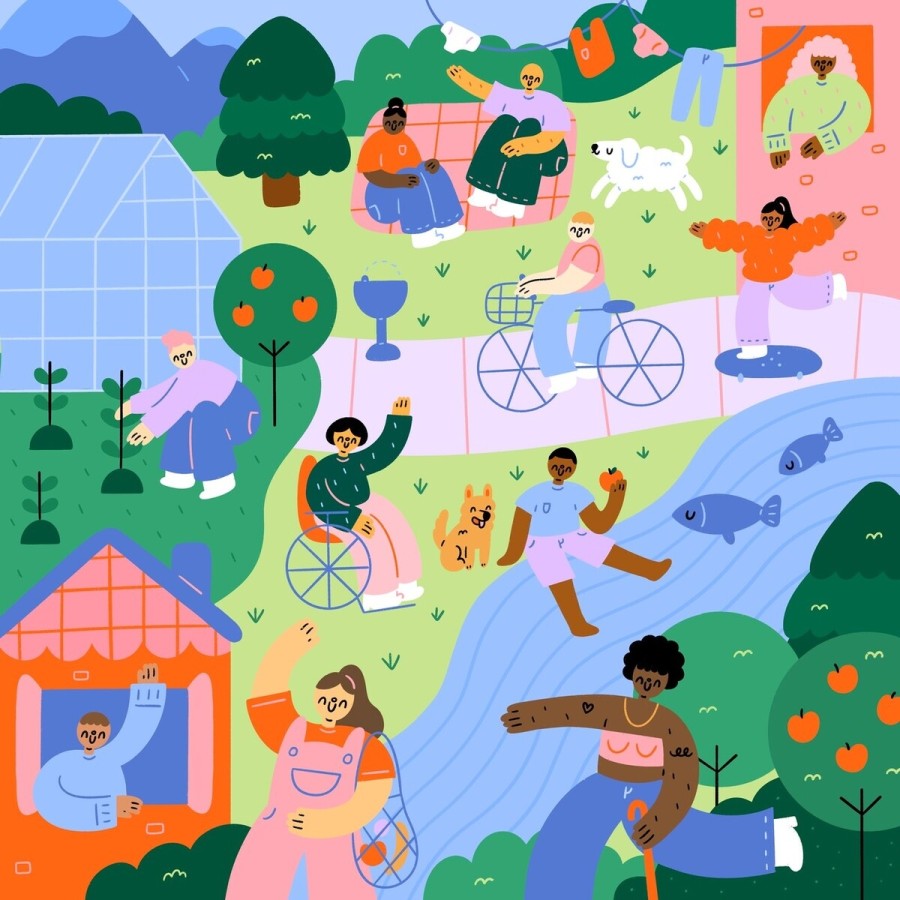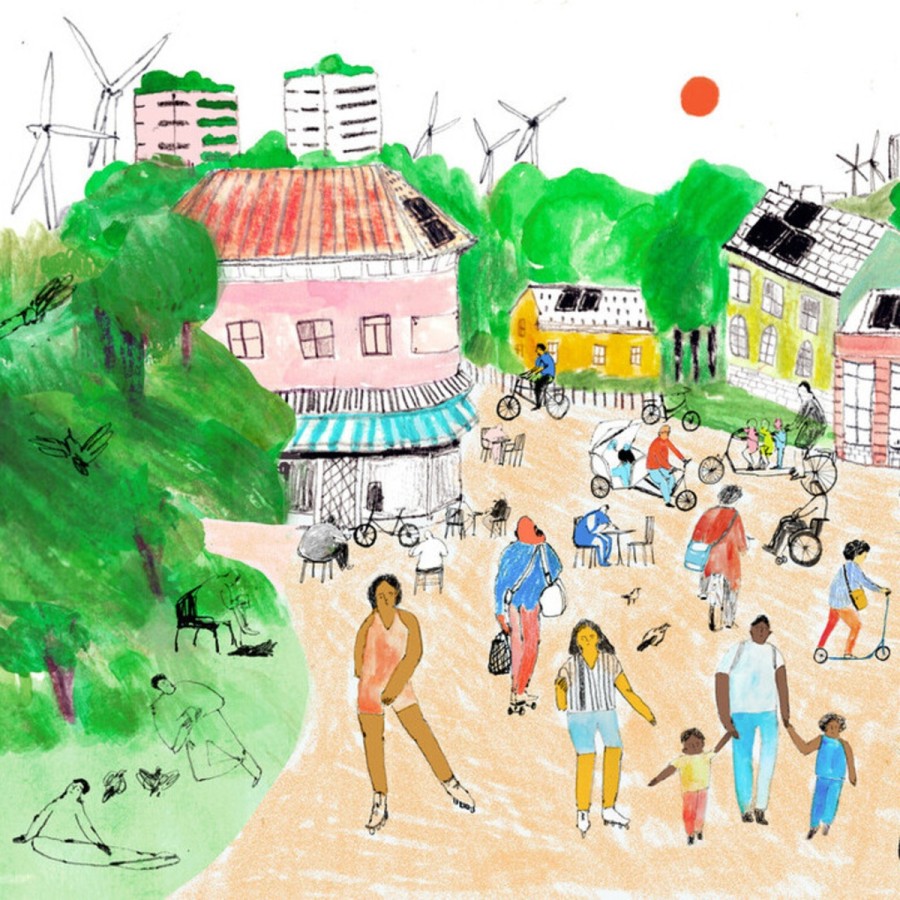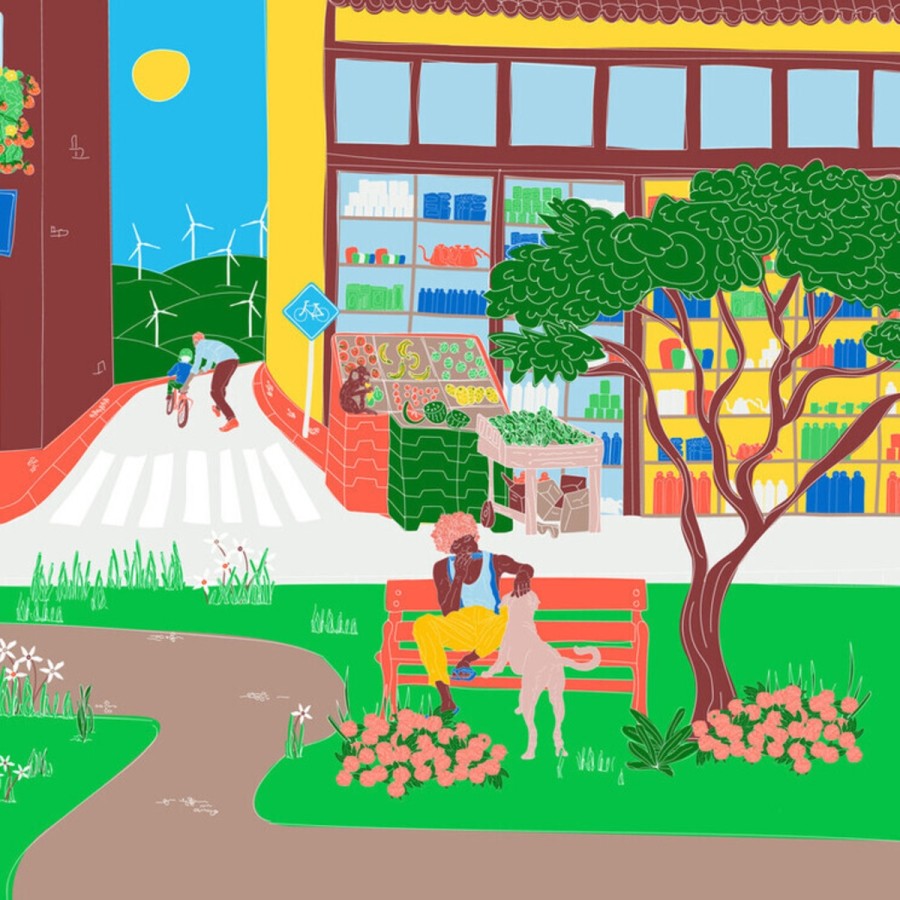In a circular economy, items are reused, shared, repaired, and recycled. This keeps products and materials in use for longer and reduces the use of new natural resources. It therefore creates less waste and carbon emissions.
The first step in moving towards zero waste is to reduce the use of unnecessary materials, especially those that are single-use and non-recyclable. Management of the resources that we do continue to use should move away from linear consumption, where natural resources are turned into products that are then thrown away because they are not designed to be reused.
Key concepts
Reduce resource consumption and waste production
-
To decrease solid waste generation, we should reduce single-use materials and surplus food and prioritise creating goods that are repairable and recyclable.
-
Support residents to purchase less and to use “zero waste” goods.
-
Create plastic-free areas and work with businesses to operate a Library of Things or reuse programmes, for example for takeaway food.
-
Partner with schools or community centres to run repair programs for clothes or household equipment.
-
Establish waste separation, recycling spaces, and material exchange sites.
-
Conduct workshops, seminars, and community events to raise awareness about the circular economy concept and its benefits.
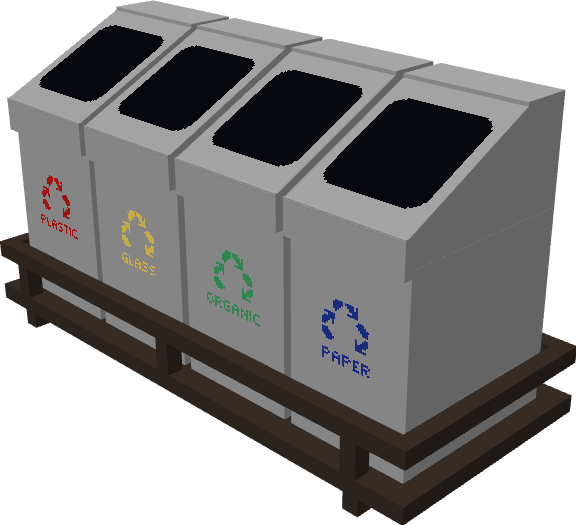
Encourage shared spaces and shared services to encourage circular resource management
- In a neighbourhood, you can scale up reuse and recycling in your urban designs. You can also encourage partnerships between local businesses and residents to reuse materials, waste and byproducts.
-
Encourage shared spaces that allow retailers and craftspeople to experiment and pool their resources.
-
Open up woodwork studios and Fab-labs for public use to minimise the need to buy equipment, and to encourage DIY and reparability.
-
Facilitate shared bikes and scooter facilities.
-
Design public spaces with multiple uses in mind – such as areas that can hold public events like flea markets, or mobile reuse stations for swapping items.
-
Promote on-site composting, community gardens and vegetable patches for local consumption.
-
Partner with local businesses to incentivise zero-waste or upcycling approaches and to support local production and local economy.
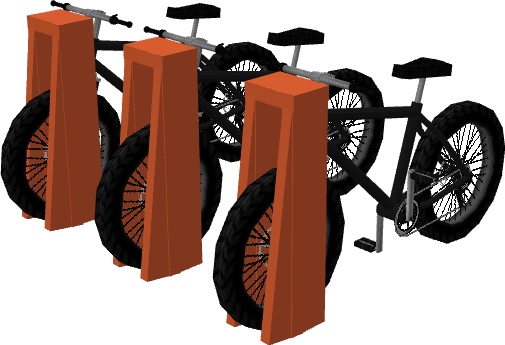
Questions?
If you have a question or would like more details on the Students Reinventing Cities competition, please use the form below. You will receive a response via email.


